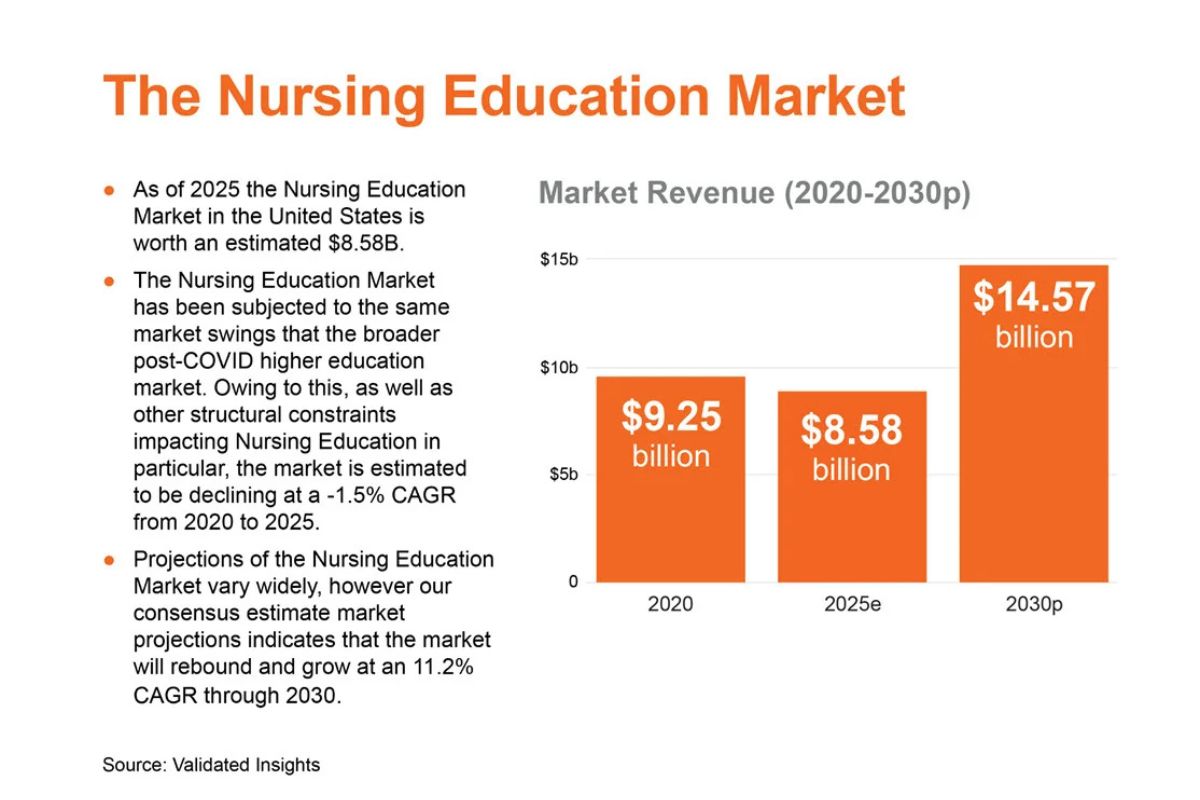GoStudent Future of Education Report 2024 Unveils Urgent Call for Mental Health Focus, Demanding a More Holistic Curriculum

85% of UK parents believe education in mindfulness and emotional wellbeing would help their child manage stress and emotions, with 9 in 10 teachers believing access to mental health support would better-prepare students for the future
As schools grapple with an increasingly complex world, a call for greater focus on child mental health resonates across the UK. The GoStudent Future of Education Report 2024, released today, amplifies the collective voice of 5,581 parents and their children, and 60 teachers across six European countries. It reveals a groundswell of support from UK-based parents, teachers, and students for a holistic approach to learning that prioritises mental wellbeing and a tailored, supportive learning environment.
Most pressingly, the findings highlight the resounding call for emotional support within schools. 85% of UK parents believe the inclusion of mindfulness and wellbeing activities in school curricula would help their children manage stress and emotions.
Parents in the UK are deeply concerned about the pressure their children feel to succeed. Across Europe, 3 in 4 parents believe that children’s emotional wellbeing is closely tied to their academic performance, with this number rocketing to 82% in the UK, underscoring the imperative for UK schools to address mental wellbeing as a foundational element of academic success.
And children see this need too. When asked what they’d like to see added to the curriculum, children in the UK cited wellness and mental health support among the top 5 topics they’d like taught at school.
While shocking, these findings are not isolated. Last year, a review of 52 studies[1] highlighted that there is a clear connection between academic pressure and mental health issues. Knowing this, it is not surprising that GoStudent found that 9 out of 10 teachers agreed when asked what would make their students feel more prepared for the future: “More access to mental health providers and mental health guidance”.
Education must be practical and tangible: reshaping the curriculum to the needs of now
But support in managing student mental wellbeing is just one piece of the puzzle. In the UK, 85% of parents and 9 in 10 of the teachers surveyed see bridging classroom learning with real-world experiences as essential to ensuring children are set up for success. Both believe lessons should be practical and tangible. It is no longer enough to teach maths – students need to be able to apply their knowledge to the world they live in. When asked what they want to learn to be ready for the future, UK children placed ‘life skills’ and ‘finance’ at the top of their list.
Parents rank ‘problem solving’ as the most important skill their child needs to be future-ready, followed by ‘emotional intelligence’ and ‘resilience’. Additionally, 91% of UK parents emphasise the value of a well-rounded education, advocating for a curriculum that encompasses both academic subjects and extracurricular activities that broaden horizons – including access to volunteering, sports clubs and music lessons.
Should we see the curriculum evolve to become more relatable and practical, it is likely that students will feel far more ready for their future. As it stands, a staggering 69% of children in the UK express the desire for more guidance in choosing their future path.
When asked about what would make them feel more prepared for the future, children cite more personalised classes, as well as teachers being able to adapt to their specific needs. Teachers agree, saying that, in an ideal world, teaching should be done in a more personalised manner, customising learning plans for each student’s strengths, needs, skills, and interests.
In response to these findings, GoStudent’s CEO and Co-Founder, Felix Ohswald, calls for a paradigm shift in education:
“It is abundantly clear that we need to prioritise the development of students’ wellbeing and equip them with the skills necessary for success. This includes integrating mental health education into curricula, but also empowering educators to provide personalised learning experiences with a practical focus, tailored to each child’s individual needs.
“The onus here is not on teachers – it is on all of us. According to recent figures from UNESCO, Europe needs around 4.8 million more teachers to ensure every child receives a quality education. We need to look to governments, explore public-private partnerships, and better-support the education industry to drive this change. We all have a mutual goal – empowering and supporting our students – and we must act now.”
Download The GoStudent Future of Education Report 2024 here.
[1] The association between academic pressure and adolescent mental health problems: A systematic review – Thomas Steare, Carolina Gutiérrez Muñoz, Alice Sullivan, Gemma Lewis











Responses